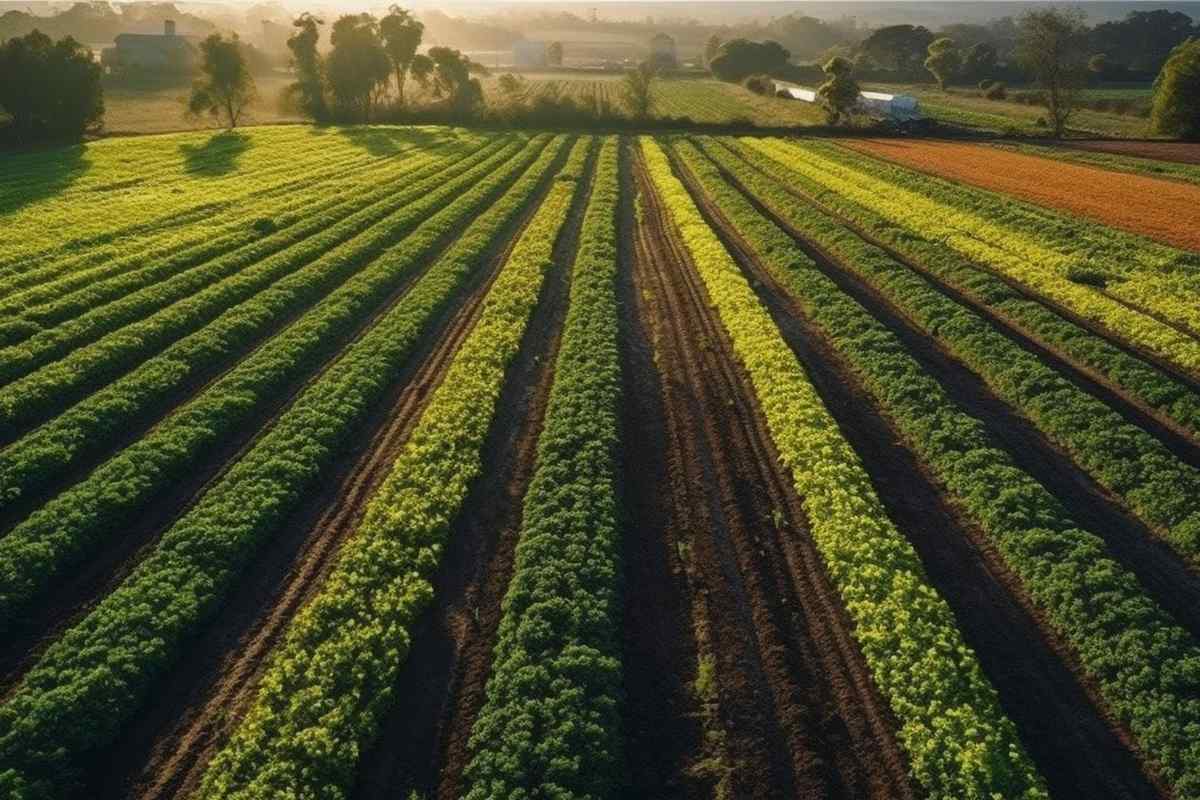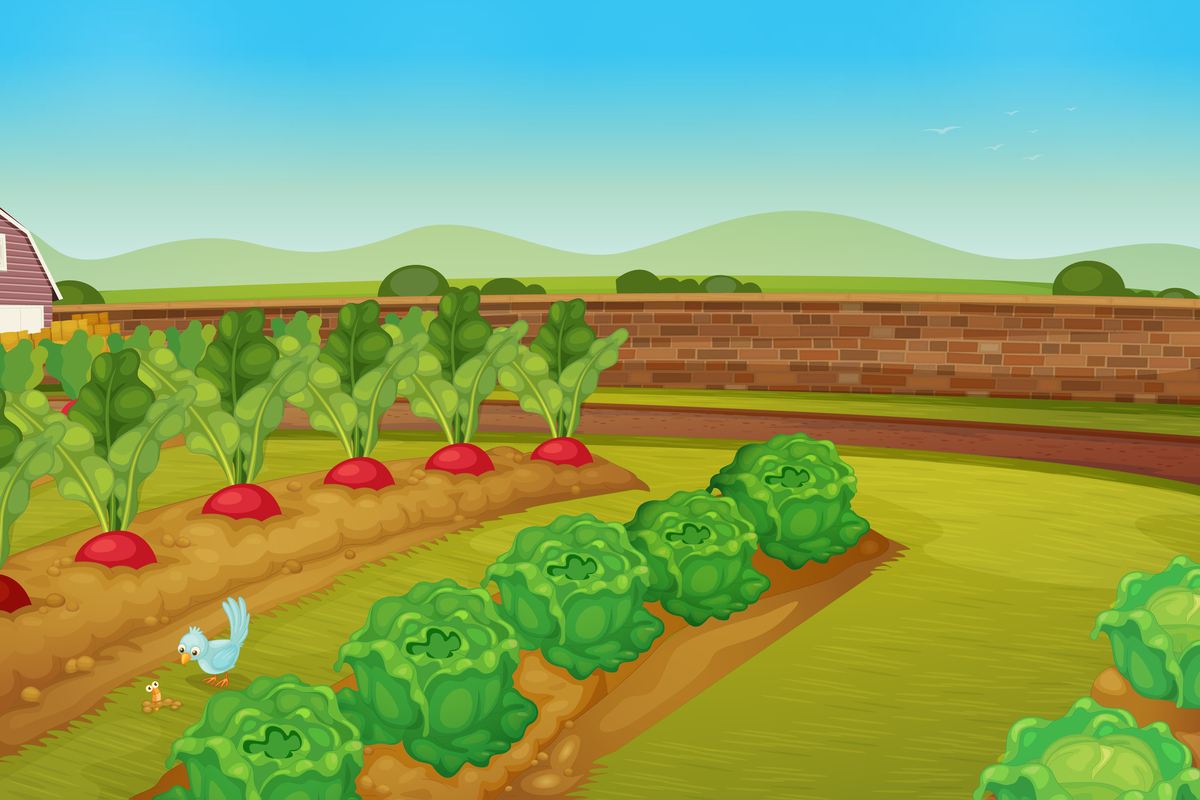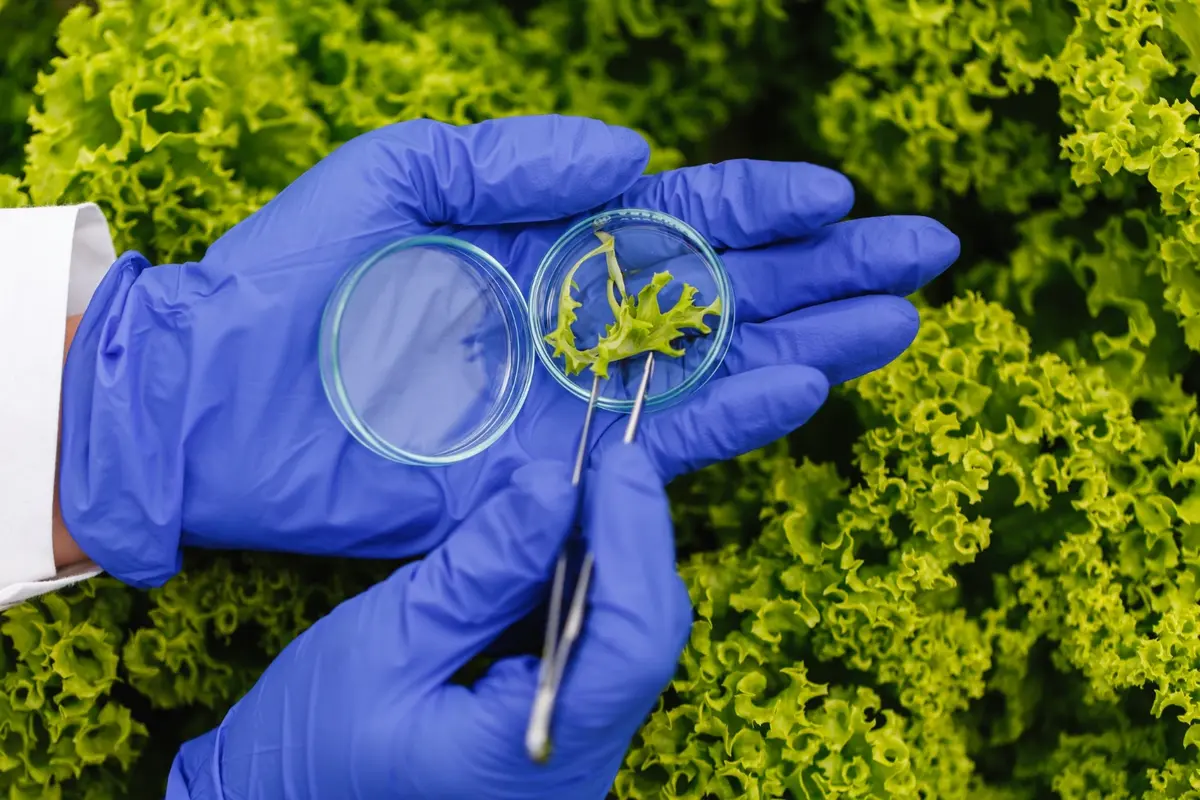Fertilizers are essential for agriculture as they provide crucial nutrients to crops, improve soil fertility, and boost yields. Plants rely on fertilizers for their growth as they need key nutrients to support various physiological processes and ensure optimal development. These nutrients, such as nitrogen, phosphorus, potassium, calcium, magnesium, and sulfur, are essential for plant growth and metabolism. By enhancing natural soil fertility, fertilizers help address nutrient deficiencies, encourage robust root growth, enhance resistance to pests and diseases, and enhance overall crop health. Moreover, fertilizers empower farmers to achieve increased yields, enhance the quality and nutritional value of agricultural products, and contribute to global food security and agricultural sustainability.
In agriculture, fertilizers are essential for replenishing soil nutrients and promoting plant growth, health, and productivity. Various types of fertilizers are utilized, each formulated with specific nutrient combinations to cater to the requirements of diverse crops and soil types. In this article, we will discuss in detail the most common fertilizers used in agriculture.
Table of Contents
Most Common Fertilizers Used in Agriculture

1. Nitrogen Fertilizers
Ammonium Nitrate: This water-soluble fertilizer is formulated with nitrogen in both ammonium and nitrate forms, ensuring its immediate accessibility to plants for rapid absorption. It is widely utilized for crops that demand quick nitrogen supplementation, including vegetables, fruits, and field crops like corn and wheat.
Urea: Urea is a solid nitrogen fertilizer that undergoes conversion to ammonium and nitrate forms in the soil through microbial activity. This slow-release nitrogen source is ideal for sustained crop nourishment, making it a popular choice for agricultural and horticultural purposes.
2. Phosphorus Fertilizers
Di-Ammonium Phosphate (DAP): DAP is a soluble fertilizer that contains nitrogen and phosphorus in the form of ammonium and phosphate. It is frequently applied as an initial fertilizer for crops at the time of planting to enhance early root growth and strength.
Triple Superphosphate (TSP): TSP is a highly concentrated phosphorus fertilizer containing soluble phosphate that is readily available to plants. It is commonly used for crops with high phosphorus requirements, such as legumes, fruits, and root vegetables.
3. Potassium Fertilizers
Potassium Chloride (Muriate of Potash): Potassium chloride is a widely used potassium fertilizer containing soluble potassium chloride. It helps regulate water uptake, improve drought tolerance, and enhance overall plant vigor. This type of fertilizer is frequently applied to crops like potatoes, fruits, and grains.
Potassium Sulfate: Potassium sulfate is a valuable source of potassium and sulfur, which are vital nutrients for the growth and development of plants. It is particularly beneficial for crops like brassicas, onions, and garlic that have high sulfur needs.
4. Compound Fertilizers
NPK Blends: Compound fertilizers are formulated with a precise mix of nitrogen (N), phosphorus (P), and potassium (K) in different ratios to meet the specific needs of various crops. These NPK blends come in either granular or pelletized forms, making them easy to apply to a wide range of crops and soil types.
Complex Fertilizers: Compound fertilizers consist of a variety of nutrients, such as secondary and micronutrients, along with NPK. These blends offer a complete nutrient boost and are frequently customized to fulfill the precise nutrient requirements of plants during various developmental phases.
5. Organic Fertilizers
Manure: Animal manure is a valuable source of organic matter, nitrogen, phosphorus, and potassium, as well as micronutrients. It improves soil structure, enhances microbial activity, and provides slow-release nutrients for sustained plant growth. Common types of animal manure include cow, poultry, and horse manure.
Compost: Compost is a nutrient-rich organic fertilizer produced from decomposed organic materials such as kitchen scraps, yard waste, and crop residues. It improves soil fertility, increases water retention, and promotes beneficial soil microorganisms.
6. Micronutrient Fertilizers
Boron, Zinc, Iron, Copper, Manganese Fertilizers: Micronutrient fertilizers are vital for the growth and development of plants as they supply essential trace elements. These trace elements are frequently lacking in soils and are crucial for activating enzymes, facilitating photosynthesis, and enhancing nutrient absorption. To address these deficiencies and enhance crop productivity, micronutrient fertilizers can be applied through foliar sprays, soil drenches, or fertigation treatments.
Conclusion
In conclusion, fertilizers play a crucial role in replenishing soil nutrients and enhancing plant growth and productivity in agriculture. By carefully choosing the right type and composition of fertilizer according to crop needs, soil conditions, and farming techniques, farmers can effectively manage nutrients and achieve sustainable agricultural output. It is vital to use fertilizers wisely, adhering to recommended application rates and timing to minimize harm to the environment and maximize nutrient absorption by crops. Moreover, incorporating organic fertilizers and soil amendments into fertilization strategies can contribute to long-term soil health, fertility, and resilience.







